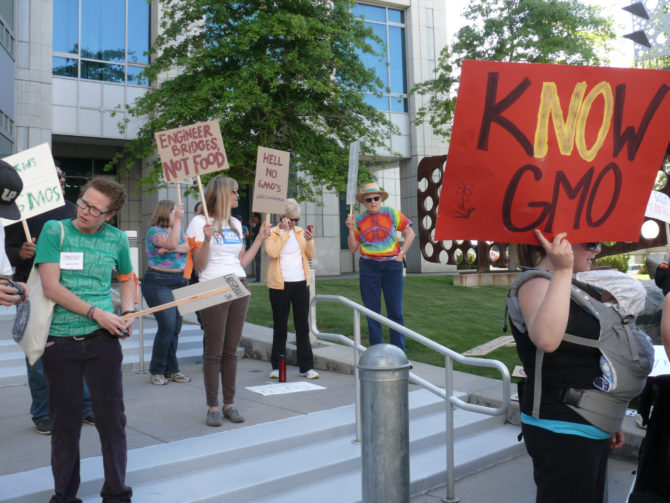The chemical company Bayer has made an aggressive move towards taking over Monsanto, the infamous U.S. seeds company. While it may seem boring, it’s actually vital that you know what’s going on. Our agricultural world is suffering, even though it might not be readily apparent. Though the industry has been chugging along for millennia, most of that growth was made possible by the farming of arable land.
Now that we are pretty much out of said land, the best way to make a profit is to be as productive and efficient as possible. Companies like Monsanto have come about as a result of this push for efficiency – genetically modified crops that use less water and are insect-resistant are a mainstay of ensuring profit. But as efficiency increases, margins contract, and now consolidation is one of the few options left to the agriculture industry. Hence, the bold move of Bayer.
Why is this important? Well, for one thing, if the merger goes through (and that is a big if), 75 percent of the global crop market will be in the hands of only three companies. If Bayer takeover happens, the companies would have an annual revenue of more than $67 billion and would become the world’s largest seed and crop chemical provider. They would control about 28 percent of the world’s pesticides, 36 percent of U.S. corn seeds, and 28 percent of soybean seeds, according to Dow Jones, citing Morgan Stanley estimates.

Photo courtesy of OccupyReno MediaCommunications on Flickr
Antitrust issues (laws that prevent monopolies with the intention of promoting corporate competition) could also derail the merger. The crop science division at Bayer has businesses in seeds, crop protection and non-agricultural pest control, which could complement Monsanto’s own seeds assets.
So basically why is this important? Because only three companies would have total control over the agricultural industry. Sure, there would be a few other voices in there, but they would be drowned out by the noise of $67 billion in revenue from Monsanto-Bayer alone.
Will it affect you? Maybe, but probably not. There will likely be some overlap in product (since Bayer also has business in seeds) which could result in some redundant products being taken off the market. It might even reduce the price of products, thanks to a lower operating cost. But nothing is official yet – antitrust and anti-GMO advocates alike will fight this tooth and nail. Until then, remember to support your local farmer’s market.


